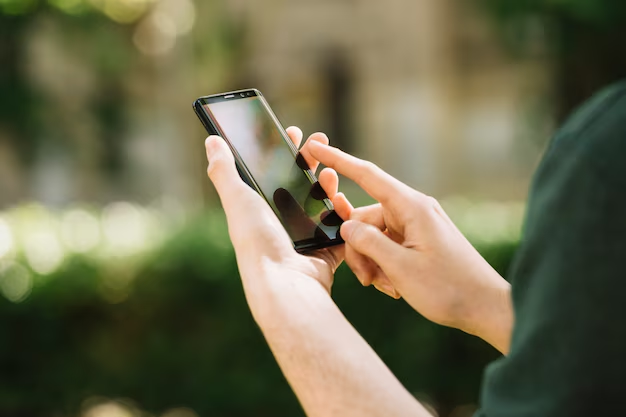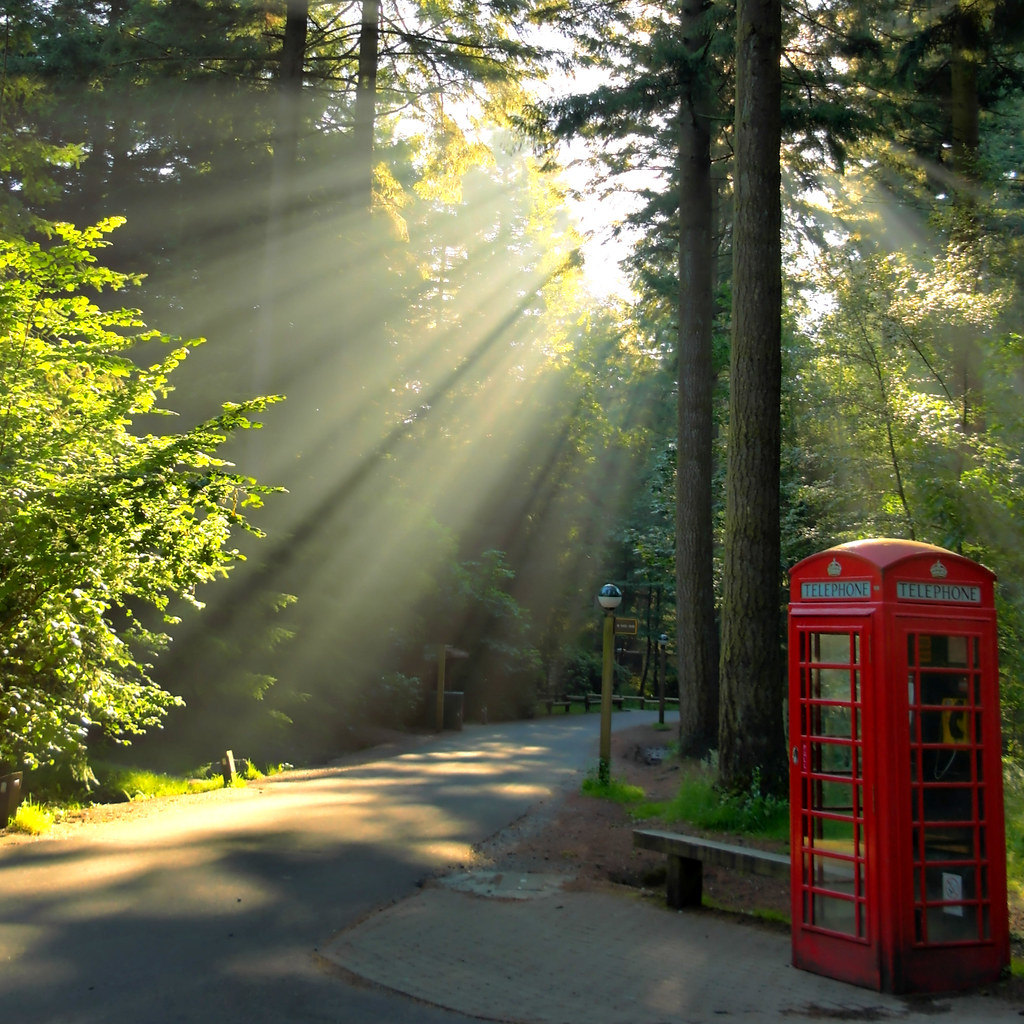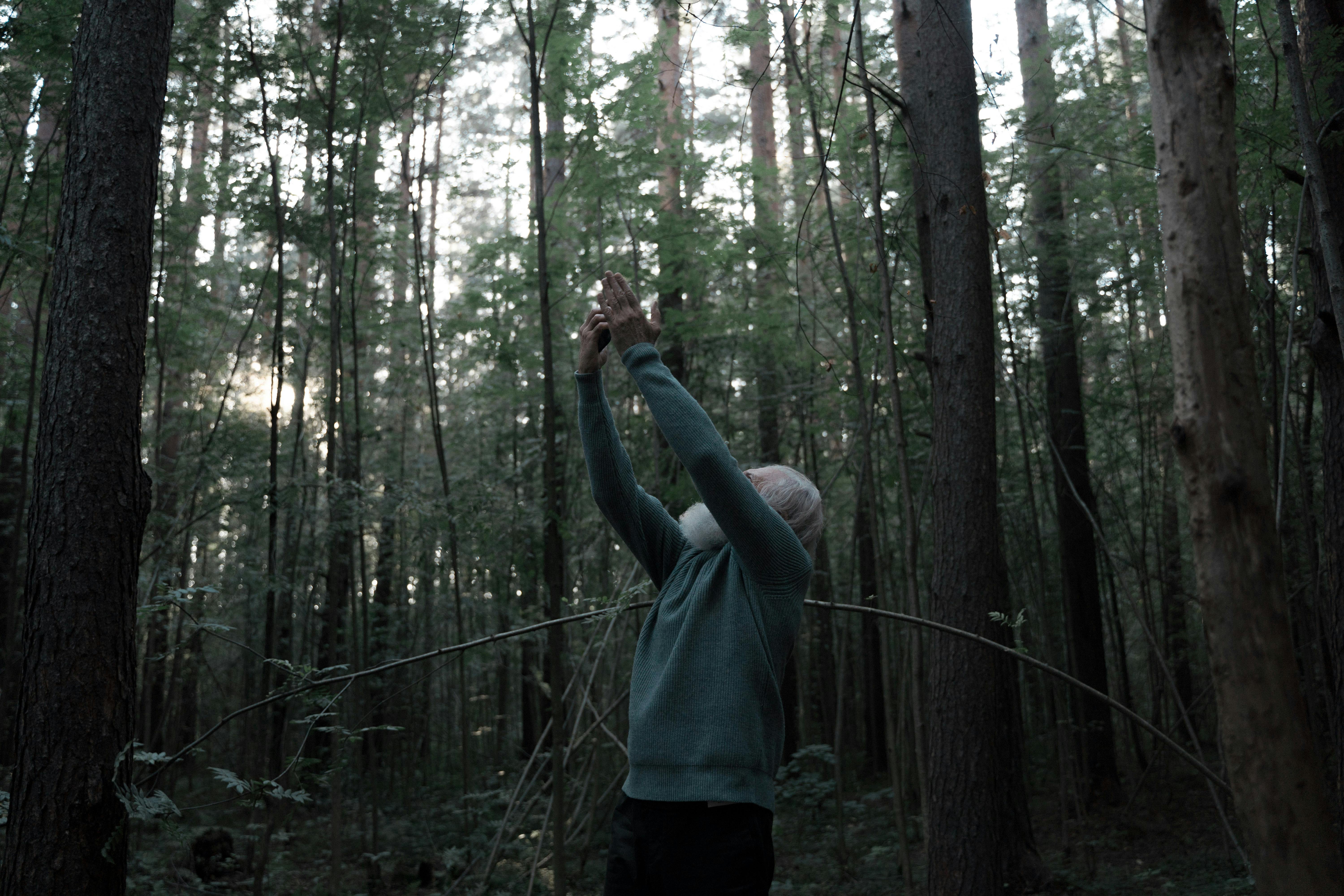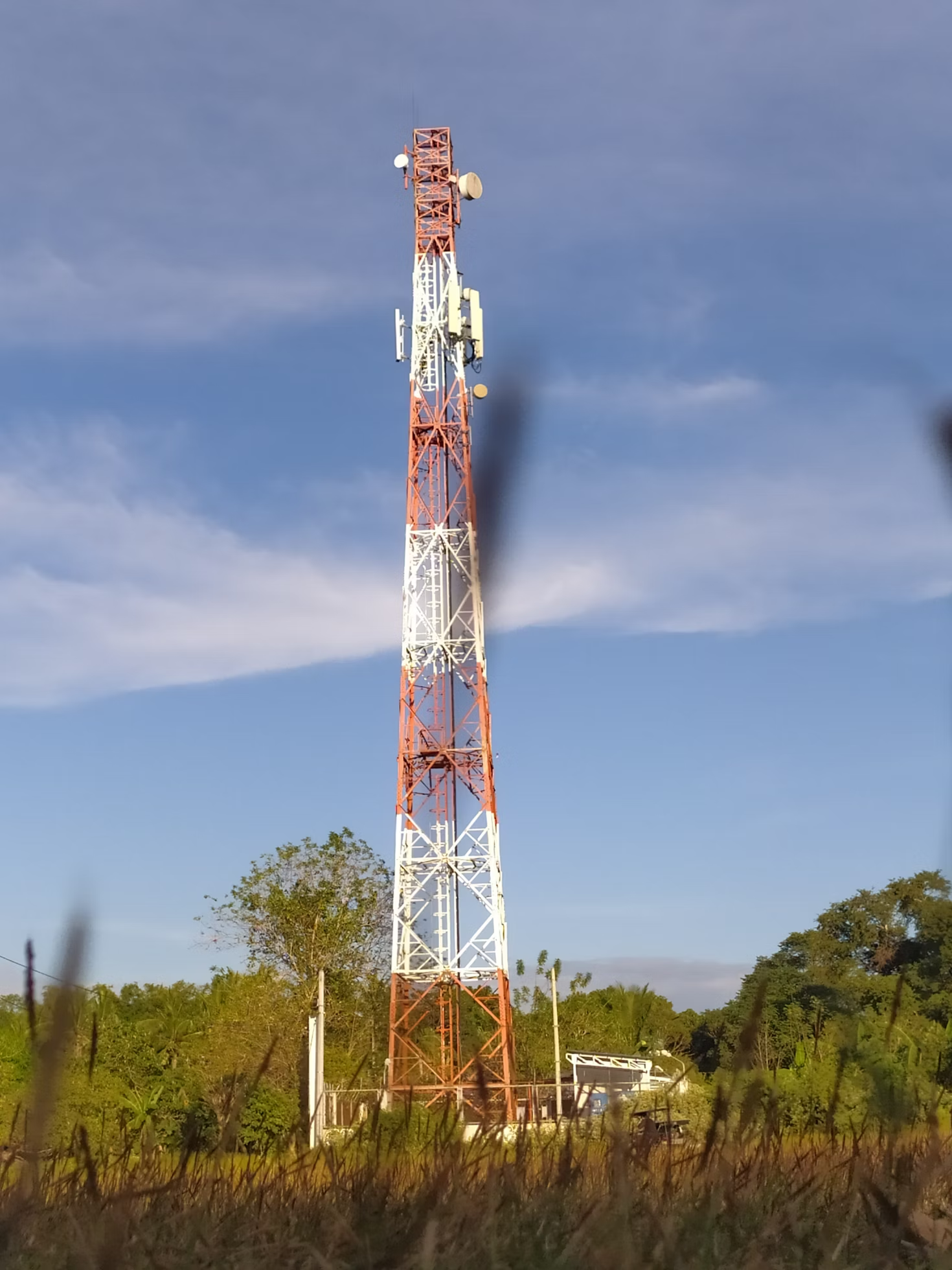
Introduction
The digital landscape of Tanzania is a tale of two worlds – urban connectivity that rivals many developed nations, and vast wilderness areas where the only network you'll reliably connect to is nature itself. For many travelers, this mix offers a beautiful opportunity to find balance: checking in when needed, while also experiencing the liberation of being periodically unplugged. Whether you're planning to share your wildlife photos in real-time, need to stay available for work emergencies, or simply want peace of mind about how to contact loved ones, understanding Tanzania's connectivity options will help you set realistic expectations and prepare accordingly.
From excellent mobile coverage in cities to patchy connectivity in wilderness areas, Tanzania offers varying degrees of digital connection. This guide helps you prepare for your connected (or intentionally disconnected) safari experience.
Mobile Networks & Coverage: Tanzania has good mobile coverage in cities, towns, and along major roads, but connectivity becomes patchier as you venture into more remote safari destinations. The main mobile providers are:
- Vodacom: Generally the most extensive coverage in wildlife areas, though sometimes more expensive.
- Airtel: Good coverage in urban areas and some wildlife regions, often with competitive pricing.
- Tigo: Decent urban coverage, less reliable in remote areas.
- Zantel: More limited coverage but can be a good option for Zanzibar.
No single provider covers all national parks perfectly. In my experience guiding across Tanzania, here's a rough coverage overview of major safari destinations:
| Safari Area | Network Coverage |
|---|---|
| Arusha & Moshi | Excellent with all providers |
| Northern Safari Circuit (Serengeti, Ngorongoro) | Variable - Vodacom has most reliable coverage, particularly around major lodges and central Serengeti |
| Tarangire & Lake Manyara | Good to moderate, depending on location within the parks |
| Southern Parks (Ruaha, Selous/Nyerere) | Limited to specific areas and lodges |
| Zanzibar | Generally good throughout the island |
| Mahale & Gombe | Very limited, available only in specific spots |
Getting a Local SIM Card:
- Where to Buy: International airports (Kilimanjaro or Julius Nyerere), official provider shops in cities, or authorized resellers. I recommend official shops for fewer hassles.
- What You Need: Your passport is required for registration due to Tanzanian regulations.
- Cost: SIM cards are inexpensive (approximately 1,000-2,000 TZS / $0.50-1.00). Data packages range from around 5,000 TZS ($2) for basic plans to 40,000+ TZS ($15+) for larger data bundles.
- Process: The shop attendant will typically help set up your phone, register your details, and activate your SIM.
- eSIM Options: Some providers now offer eSIM solutions, but physical SIM cards remain the most straightforward option for most travelers.
Internet & WiFi at Accommodations:
- Luxury Lodges: Usually offer WiFi throughout or in common areas, though speeds can vary. Some high-end properties now feature surprisingly fast connections.
- Mid-range Lodges: Typically have WiFi in common areas or designated zones, with variable reliability.
- Budget Accommodations & Tented Camps: May have limited or no WiFi, especially in remote areas or those running on generator power.
- Connection Speeds: Generally expect 3G-equivalent speeds in most safari areas, occasionally 4G in lodges with good infrastructure. Video calls can be challenging in many locations.
- Power Considerations: Some remote camps run generators only at certain hours, limiting when you can charge devices or use WiFi.
Remember, many lodges explicitly limit or don't provide WiFi as part of the wilderness experience. I've stayed at wonderful camps where the management explains their limited connectivity policy as a feature, not a shortcoming - and most guests come to appreciate this.
Roaming with Your Home SIM: While possible, international roaming can be prohibitively expensive. Check with your home provider about Tanzania-specific packages before traveling. This option is best reserved for short trips or emergencies only.
Useful Apps & Preparation Tips:
- Download Maps Offline: Google Maps, Maps.me, or AllTrails allow you to download areas for offline navigation.
- Pre-Download Entertainment: Load up on podcasts, books, music before your trip.
- Minimize Battery Usage: Put phones in airplane mode when signal is poor to prevent battery drain from constant network searching.
- WhatsApp is King: The most widely used communication app in Tanzania - guides, drivers, and lodges often communicate via WhatsApp.
- VPN Services: If you need to access geo-restricted content or for additional security on public networks, set up a VPN before arrival.
- Solar Chargers: Worth considering for longer, remote safaris as a backup power source.
Connectivity Etiquette on Safari:
- Game Drives: Please silence your phone. Not only can ringtones disturb wildlife and other guests, but a vibrating phone can be mistaken for camera equipment in action, leading other vehicles to think you've spotted something significant!
- Lodge Common Areas: Be mindful of other guests seeking peace. Step away for calls when possible.
- Photography vs. Phoning: While it might be tempting to immediately share that amazing lion sighting on social media, remember that fiddling with uploads might cause you to miss the next incredible moment.
- Respect Off-Grid Locations: Some remote camps intentionally limit connectivity to preserve the wilderness experience - embrace it!
Emergency Communications:
- Guide Communication: Your guide will always have means to contact the outside world in emergencies, typically via radio or satellite communication in very remote areas.
- Lodge Networks: Most accommodations have backup communications systems even when guest WiFi is unavailable.
- Emergency Numbers: Save 112 (general emergency), 114 (police), and 115 (fire) on your phone.
Whether you choose to stay connected or embrace the digital detox that wilderness areas naturally provide, Tanzania offers options for both. Just remember: sometimes the most meaningful connections happen when we disconnect from our devices and truly engage with the extraordinary natural world around us.

Apollo's Recommendation
“**Invest in a local SIM card upon arrival** if staying connected is important to you. My preference is Vodacom for its wider coverage in safari areas, though Airtel offers competitive rates. Most lodges offer some WiFi, but connection speeds and reliability vary dramatically – luxury properties generally provide better connectivity than budget accommodations or tented camps. But perhaps my most heartfelt advice is this: embrace the occasional digital disconnection! Some of the most magical safari moments happen when you're fully present, uninterrupted by notifications. I've guided many guests who were initially anxious about being disconnected, only to thank me later for the refreshing digital detox they didn't know they needed.”
About the Author
APApollo
Safari Tech Guide & Connectivity Expert
Former park ranger with over 7000 days of safari experience
Internet & Phone Calls in Tanzania: Staying Connected on Safari



Ready to explore this highlight?
Contact us to plan your perfect safari experience that includes a visit to this amazing destination.
Ready to Experience Tanzania?
Browse our safari tours to start planning your adventure.
View Safari Tours